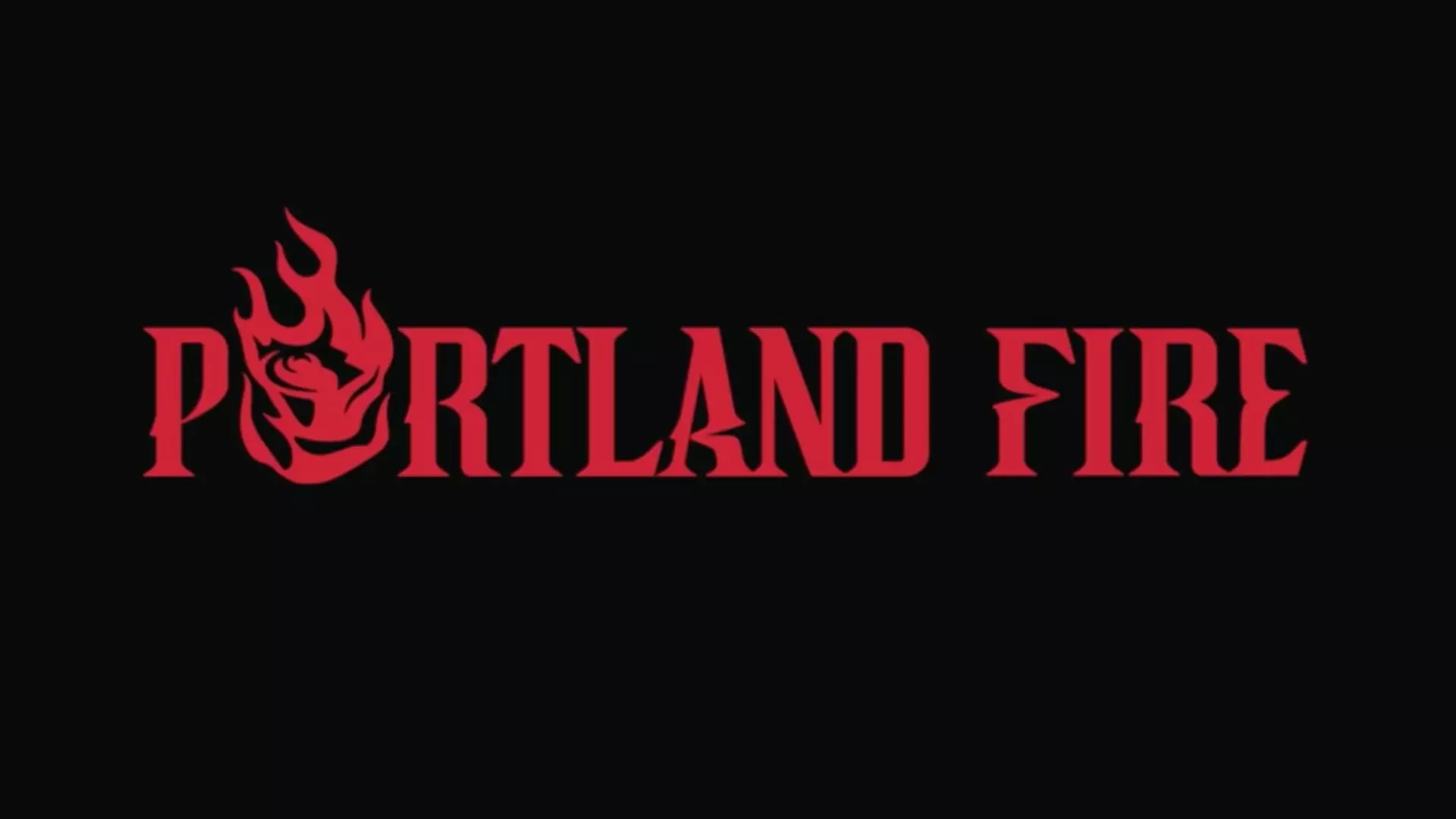The announcement of Portland’s re-entry into the WNBA with theFire branding is more than just a nostalgic homage; it’s a symbolic attempt to revive a missed legacy. While the logo—a burning rose—visually embodies Portland’s poetic identity, it risks reducing the team’s potential to a mere sentimental gesture rather than a meaningful leap forward in women’s sports. The fact that Portland had a franchise from 2000 to 2002 once again taps into a familiar myth: that tradition alone can breed success, overlooking the crucial need for a bold, strategic evolution. This rebranding seems more rooted in city pride than in genuine strategic innovation, potentially masking the team’s inexperience with the fire of true progress.
The Significance of Symbolism and Regional Pride
The detailed nods to Portland’s landscape—bridges, Mount Hood, and the arena’s architectural curves—are intended to resonate deeply with local fans. But symbolism cannot substitute for substantive investment. The fire on a rose might be striking, but it risks becoming a superficial motif that fans can admire without feeling a real sense of empowerment or representation. The league’s push towards expansion reflects a broader desire to capitalize on the surging popularity of women’s sports, but Portland’s branding appears more like a marketing tactic than a genuine commitment to elevating women’s basketball. Will a symbol alone inspire players and viewers to see this team as a beacon of progress, or will it simply serve as another chapter in a city’s sports nostalgia?
Is the Revival a Sign of Progress or a Distraction?
The reported milestone of 10,000 season ticket deposits suggests a healthy appetite from Portland’s community, yet this enthusiasm might be overly optimistic. Without systemic investment in player development, coaching quality, and community engagement, the Fire’s launch threatens to be another fleeting chapter of hype rather than sustainable growth. The broader context is the league’s expansion, driven partly by the desire for financial growth and recognition. However, expanding without addressing core issues—such as pay equity, media coverage, and grassroots support—renders this effort superficial. Portland’s return to the league could be celebrated as a cultural victory, but it is unlikely to significantly shift the landscape of women’s sports unless the franchise commits to lasting change.
A Center-Left Perspective: Intentions vs. Impact
From a center-wing liberal standpoint, this rebranding is commendable in its intent—affirming Portland’s status as a women’s sports hub and inspiring local pride. However, good intentions are insufficient if they don’t translate into tangible improvements. The move might inspire a new generation of girls and women to participate, but without a broader societal shift toward equal opportunities and visibility, Portland’s Fire risks remaining a shiny veneer. True progress requires systemic overhaul, not just symbolic gestures or nostalgic revivals. While the league’s growth is promising, genuine change must be rooted in equity, access, and accountability—not just the rekindling of past glories. Portland’s Fire has the potential to be more than a logo on the fire; it must ignite sustained transformation across the landscape of women’s sports.

